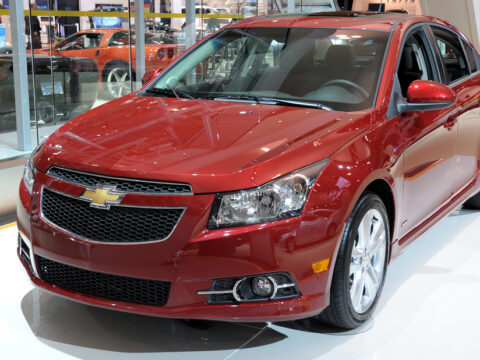Electric vehicles (EVs) are increasingly recognized not just for their environmental benefits but also for a host of lesser-known advantages that enhance ownership and driving experiences. Beyond the well-publicized reduction in greenhouse gas emissions and decreased fuel costs, EVs offer a range of economic, performance, and lifestyle benefits that could significantly impact their owners’ lives. From improved driving dynamics and lower operating costs to advanced technological features and positive environmental impacts, these aspects underscore the growing appeal of EVs in the modern automotive landscape.
Contents
Reduced Maintenance Costs
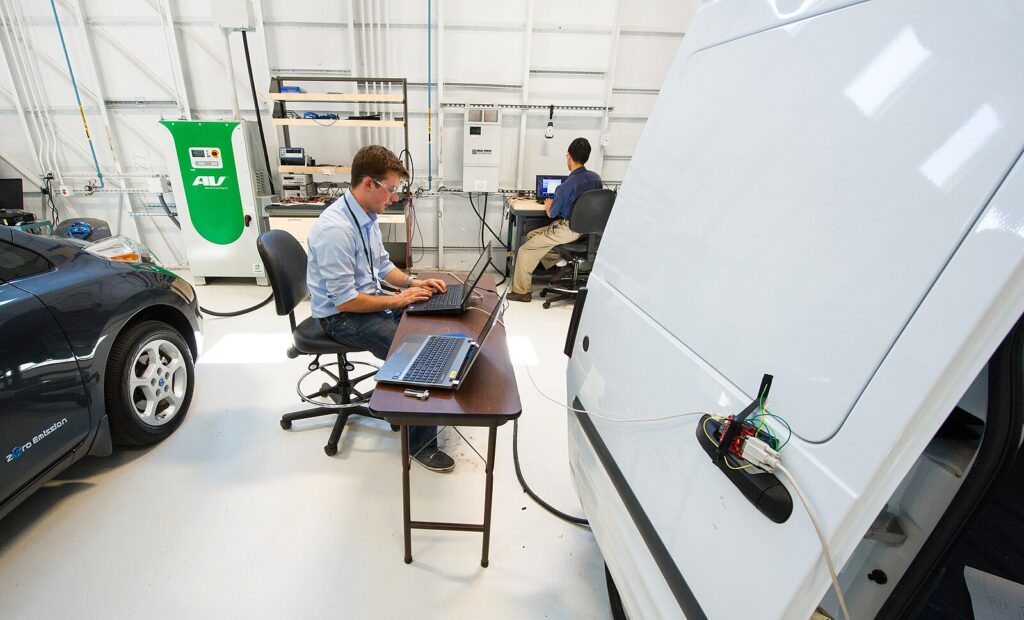
EVs have fewer moving parts compared to internal combustion engine vehicles, meaning less wear and tear. For example, electric motors have one moving part, significantly reducing the likelihood of mechanical issues. This simplicity can lead to substantial savings in maintenance costs over the vehicle’s lifetime.
High Energy Efficiency
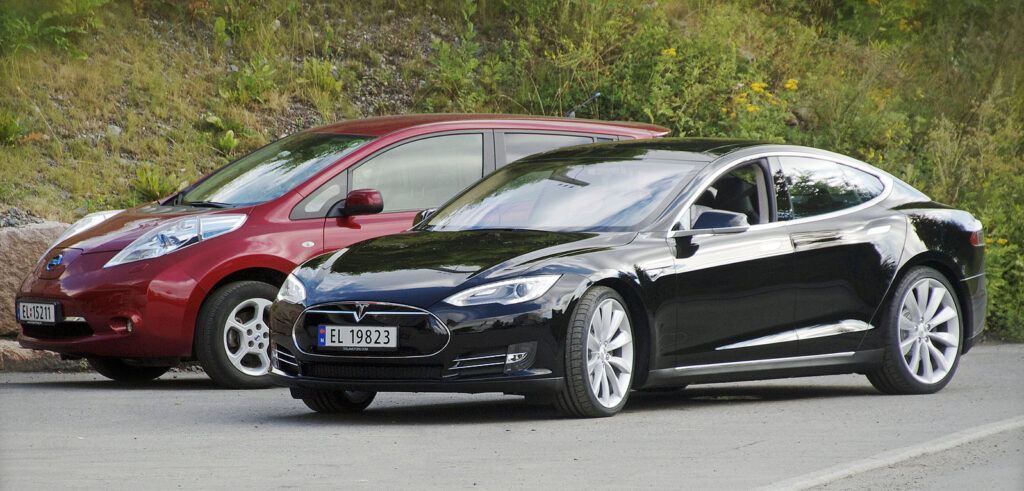
Electric vehicles convert over 60% of the electrical energy from the grid to power at the wheels, compared to about 20% for gasoline vehicles. This high efficiency leads to better performance and lower energy costs per mile.
Instant Torque
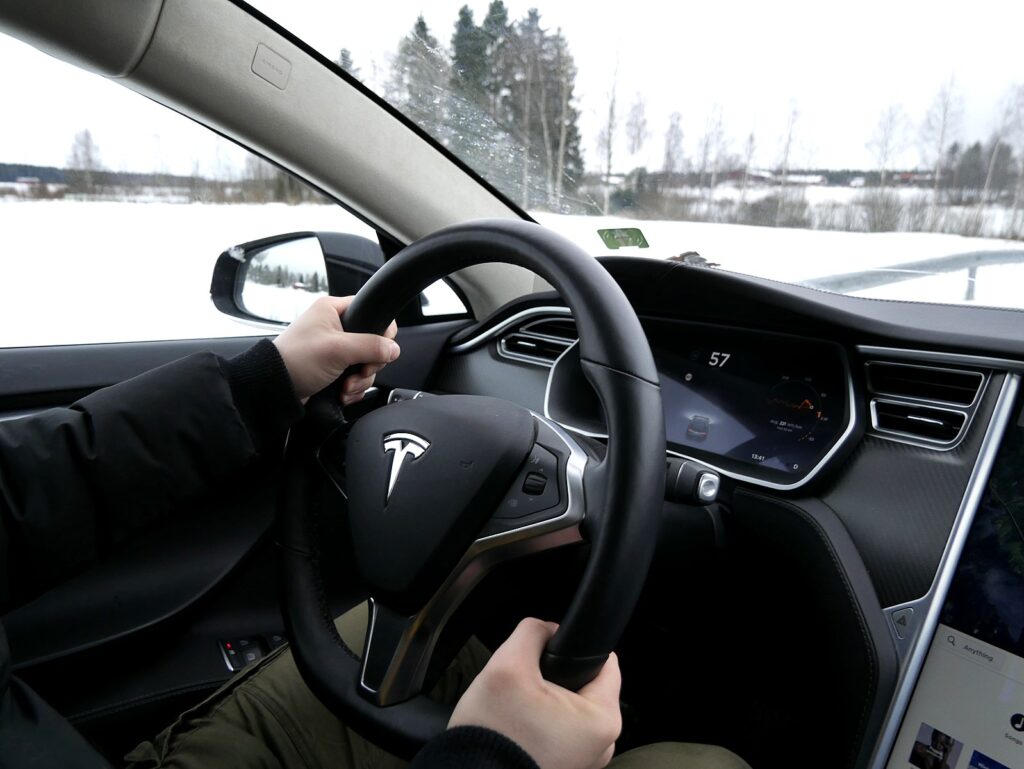
EVs deliver instant torque, providing a quick and smooth acceleration that enhances the driving experience. This immediate power response can make driving more enjoyable and responsive.
Quiet Operation

Electric vehicles are much quieter than their gasoline counterparts, leading to a more peaceful and serene driving experience. This reduction in noise pollution can also contribute to a quieter environment in communities.
Low Center of Gravity
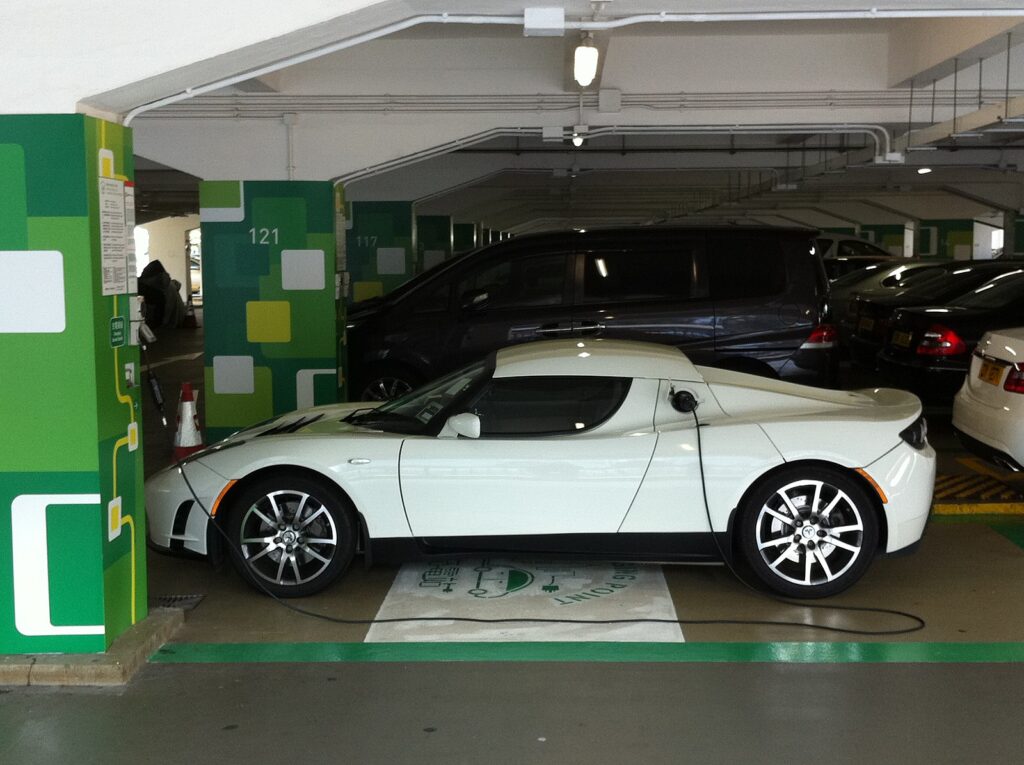
The battery placement in EVs gives them a low center of gravity, improving handling, stability, and safety. This design feature can make EVs more fun to drive and reduce the risk of rollover accidents.
Regenerative Braking
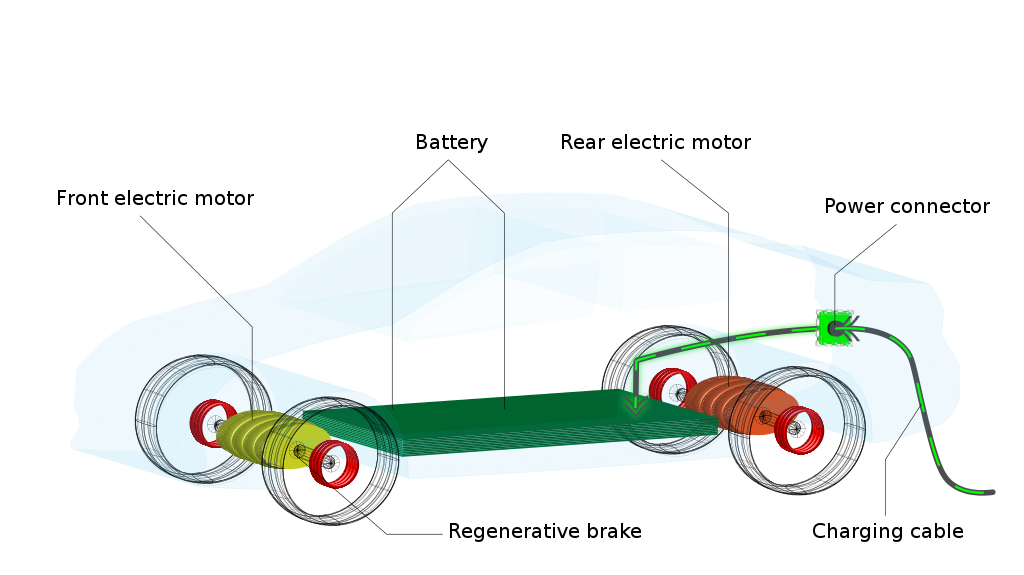
This technology allows EVs to recover energy during braking, extending the vehicle’s range and reducing wear on the braking system. It contributes to the overall efficiency and sustainability of the vehicle.
Reduced Emissions Impact on Health

EVs contribute to better air quality by emitting no tailpipe pollutants. This reduction can lead to fewer health problems related to air pollution, such as asthma and cardiovascular diseases.
Improved Energy Security

Using domestically generated electricity to power vehicles reduces reliance on imported oil, enhancing national energy security and stability.
Support for Renewable Energy Integration
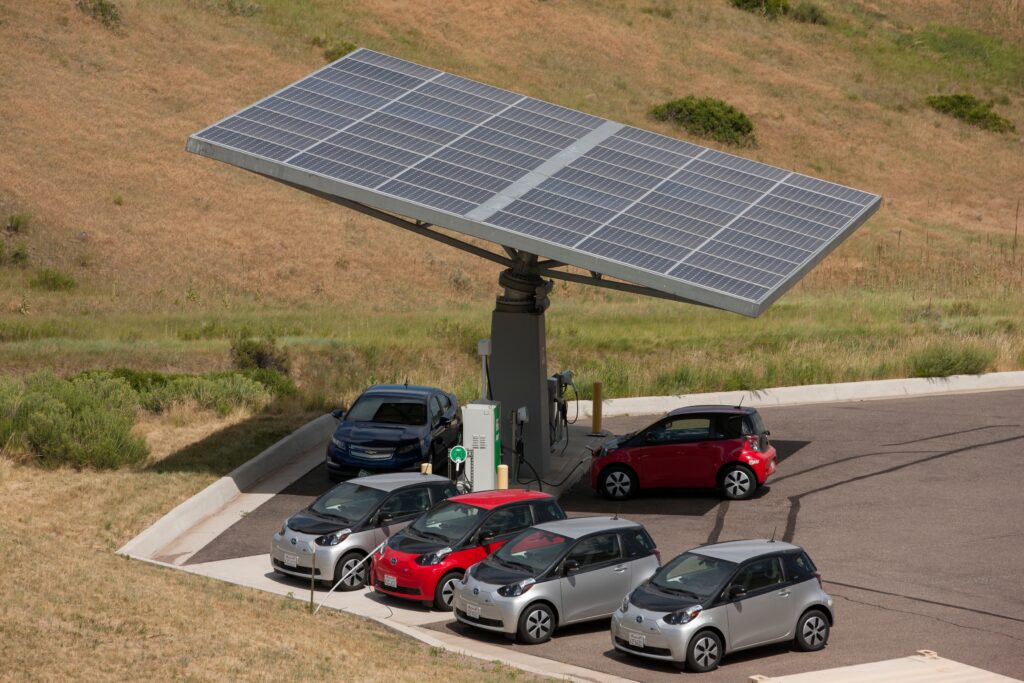
EVs can be charged using renewable energy sources like solar or wind, further reducing the carbon footprint and supporting the transition to a sustainable energy future.
Increased Home Value
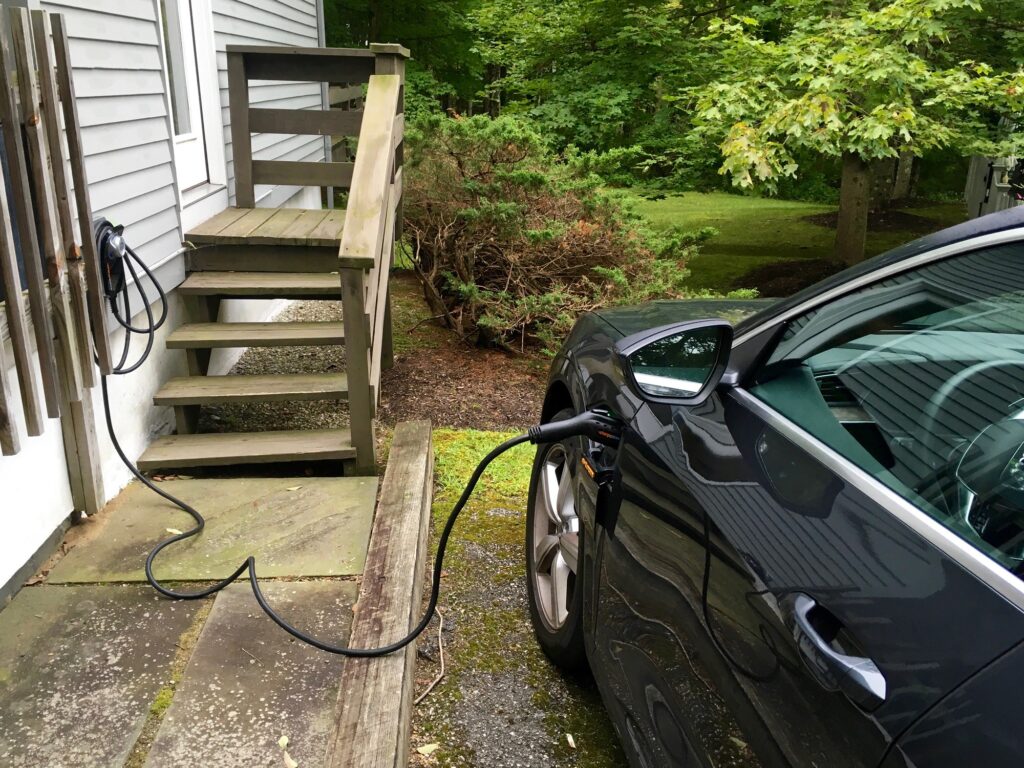
Homes equipped with EV charging stations have been shown to appeal more to buyers, potentially increasing property values and marketability.
Access to Carpool Lanes

Many regions allow electric vehicles to use carpool lanes regardless of the number of passengers, leading to faster and more efficient travel, especially in congested areas.
Technology Advancements
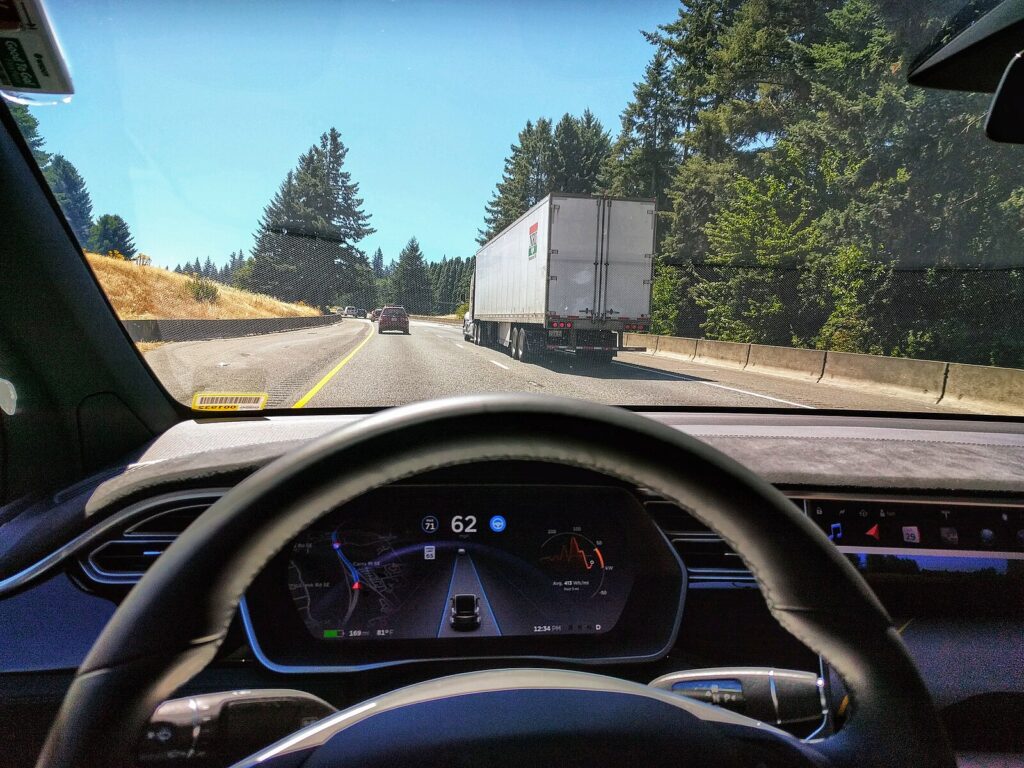
Owning an EV often comes with advanced technology features, including sophisticated infotainment systems, advanced driver-assistance systems (ADAS), and connectivity features that enhance the driving experience.
Battery Second Life
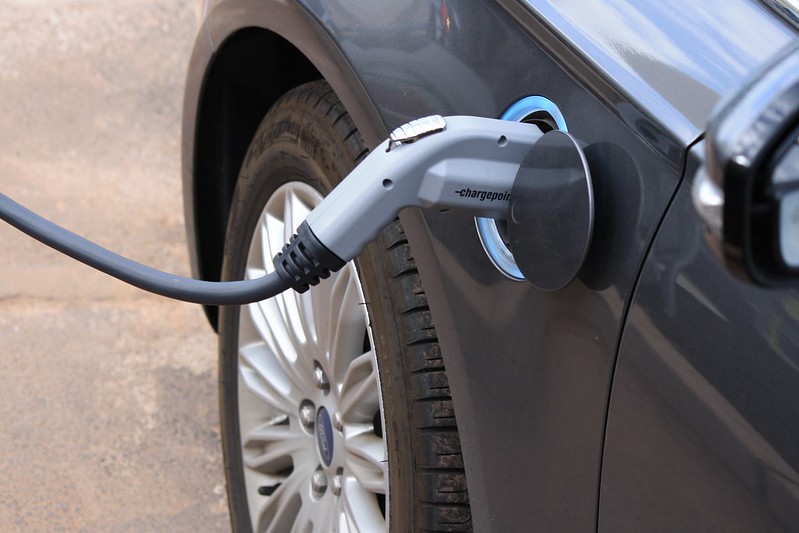
Used EV batteries can be repurposed for energy storage systems, contributing to the circular economy and reducing waste.
Lower Operating Costs

Electricity is generally cheaper than gasoline on a per-mile basis, leading to lower operating costs for EV owners. In some areas, off-peak charging can further reduce these costs.
Incentives and Tax Breaks

EV buyers can benefit from various incentives, rebates, and tax breaks, reducing the total cost of ownership and making EVs more accessible.
Future-Proofing Transportation
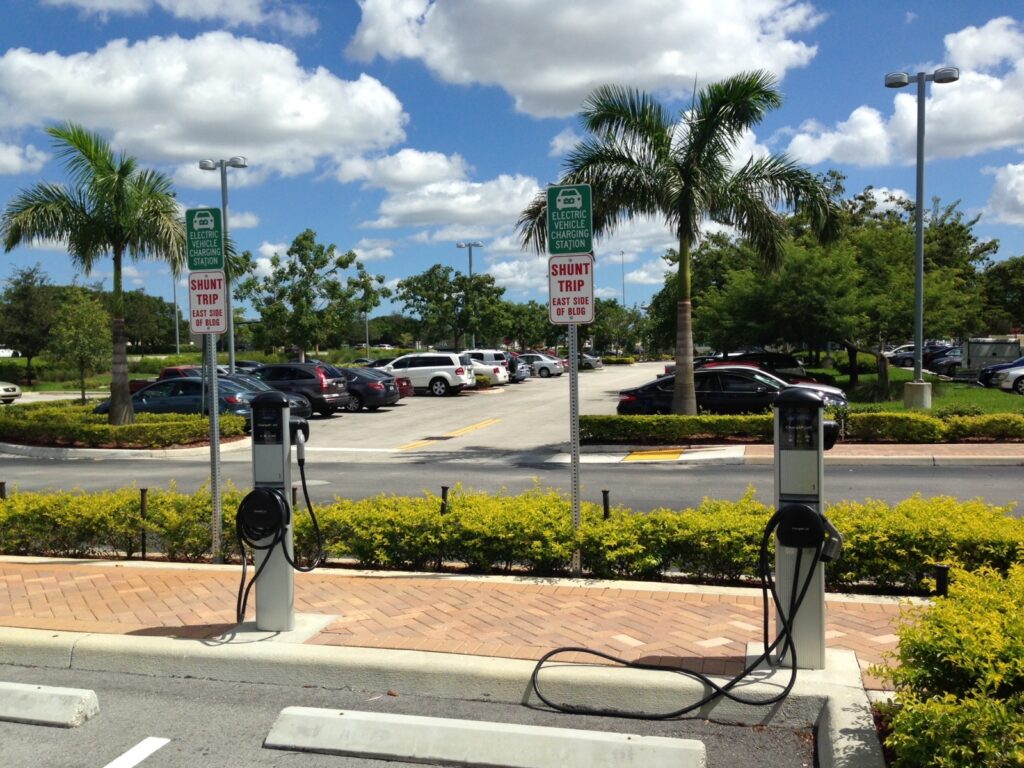
As countries move towards banning the sale of gasoline cars, owning an EV ensures compliance with future regulations and standards.
Smart Grid Compatibility
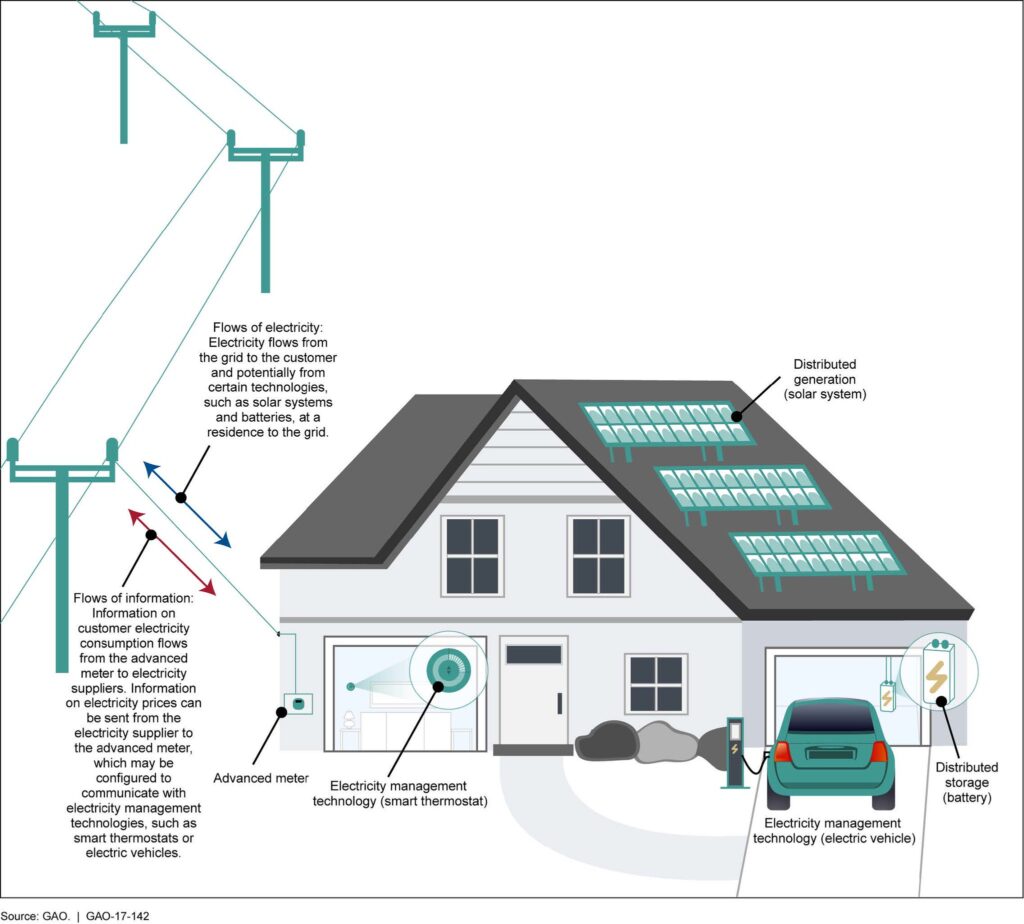
EVs can serve as battery storage units for the smart grid, providing energy back to the grid when needed and helping to stabilize energy demand and supply.
Silent Operation at Low Speeds
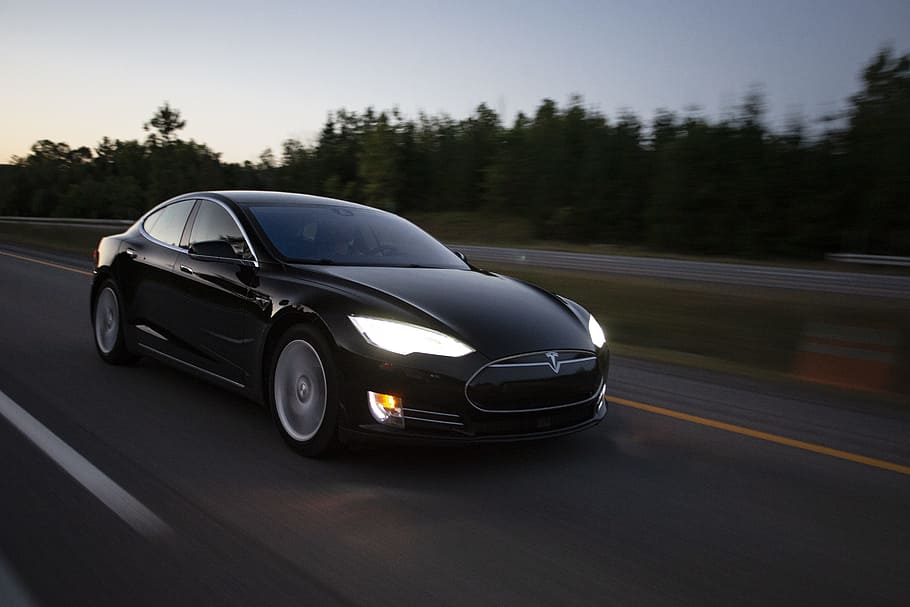
EVs are especially quiet at low speeds, making them less disruptive in residential areas and enhancing the quality of life in communities.
Thermal Comfort
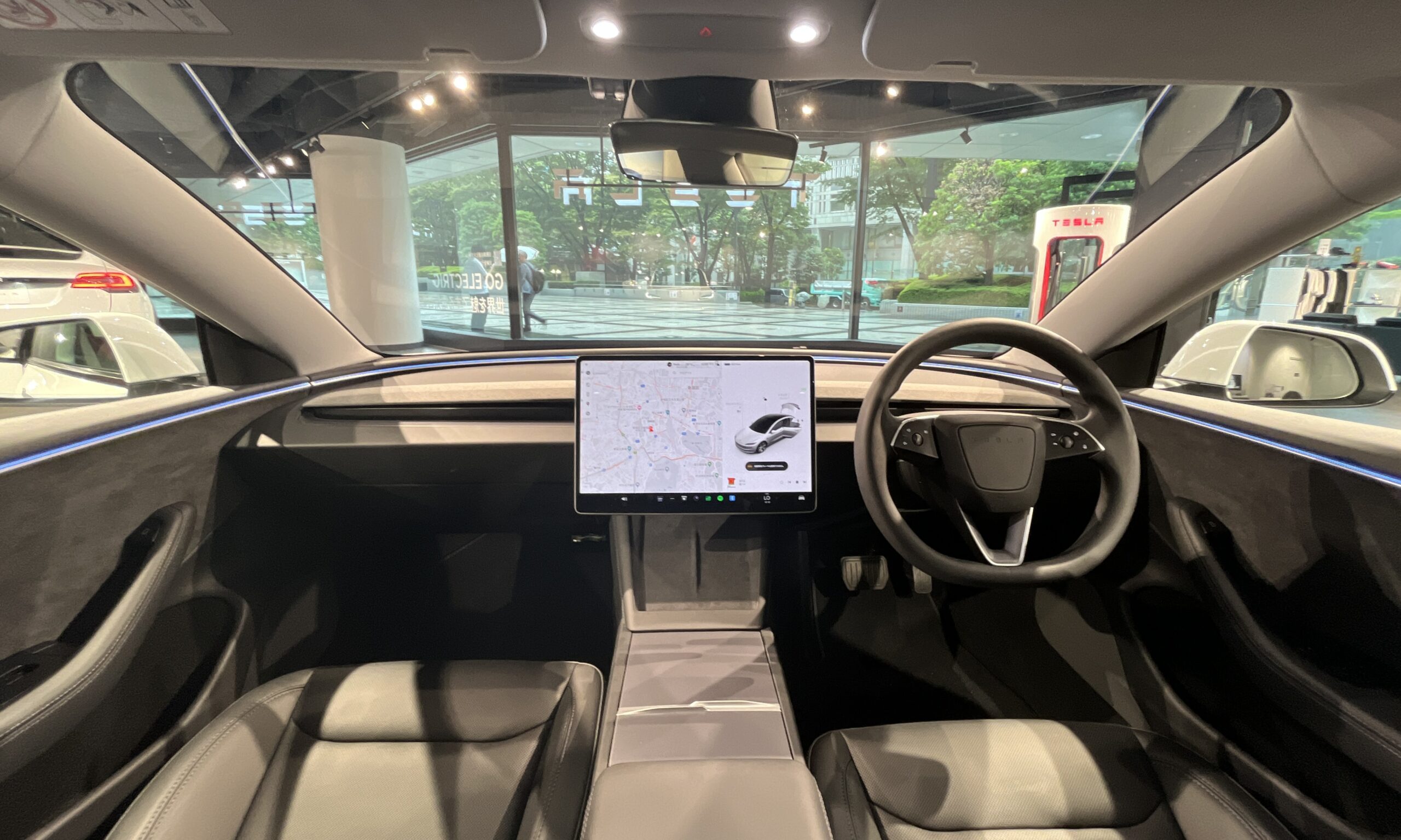
Electric vehicles often come with pre-conditioning features, allowing the cabin to be heated or cooled while still plugged in, using power from the grid rather than the car’s battery.
Dynamic Charging Options
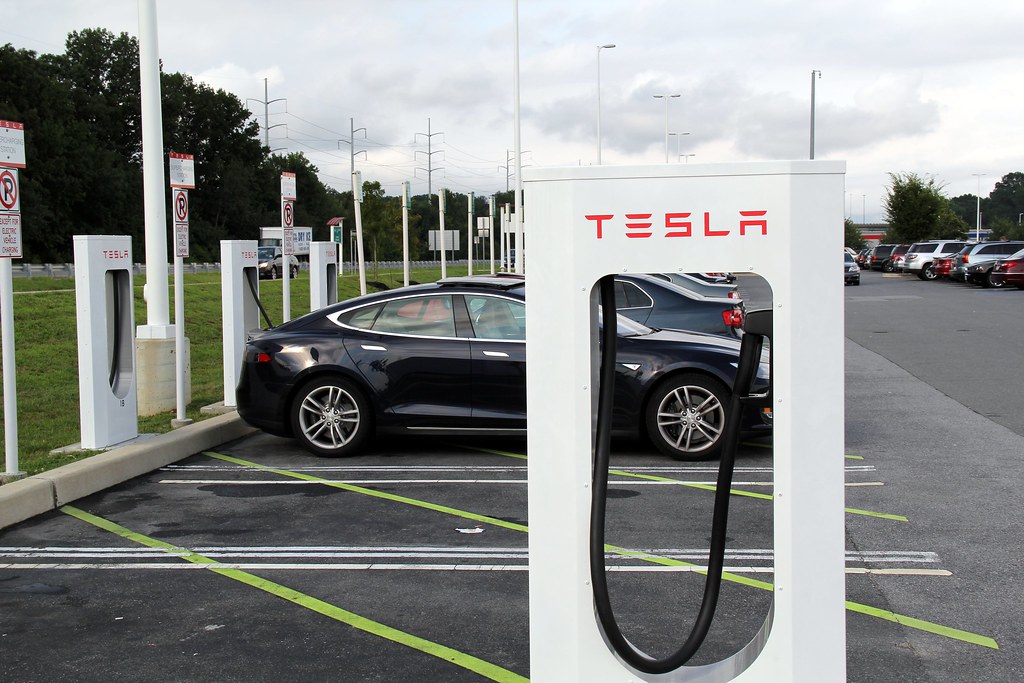
The growing network of public charging stations, combined with the option for home charging, provides EV owners with flexible and convenient charging solutions, adapting to various lifestyles and travel needs.
This article originally appeared on MyCarMakesNoise.
More from MyCarMakesNoise
13 Most Expensive Motorcycles Ever Sold at Auction

In this article, we explore the 13 most expensive motorcycles ever sold at auction, showcasing the allure and prestige that make these two-wheeled treasures so highly prized. Read More.
10 Prestigious Car Brands That Fail to Impress

Luxury car brands have long thrived on this allure, creating a sense of exclusivity and prestige that sets them apart from the crowd. However, not all that bear the ‘luxury’ moniker truly live up to the expectations associated with it. Read More.
20 Expensive Cars Destroyed for Cinematic Spectacle

This list features 20 of the most expensive cars wrecked in films, a sight that might make car lovers mourn. Read More.


